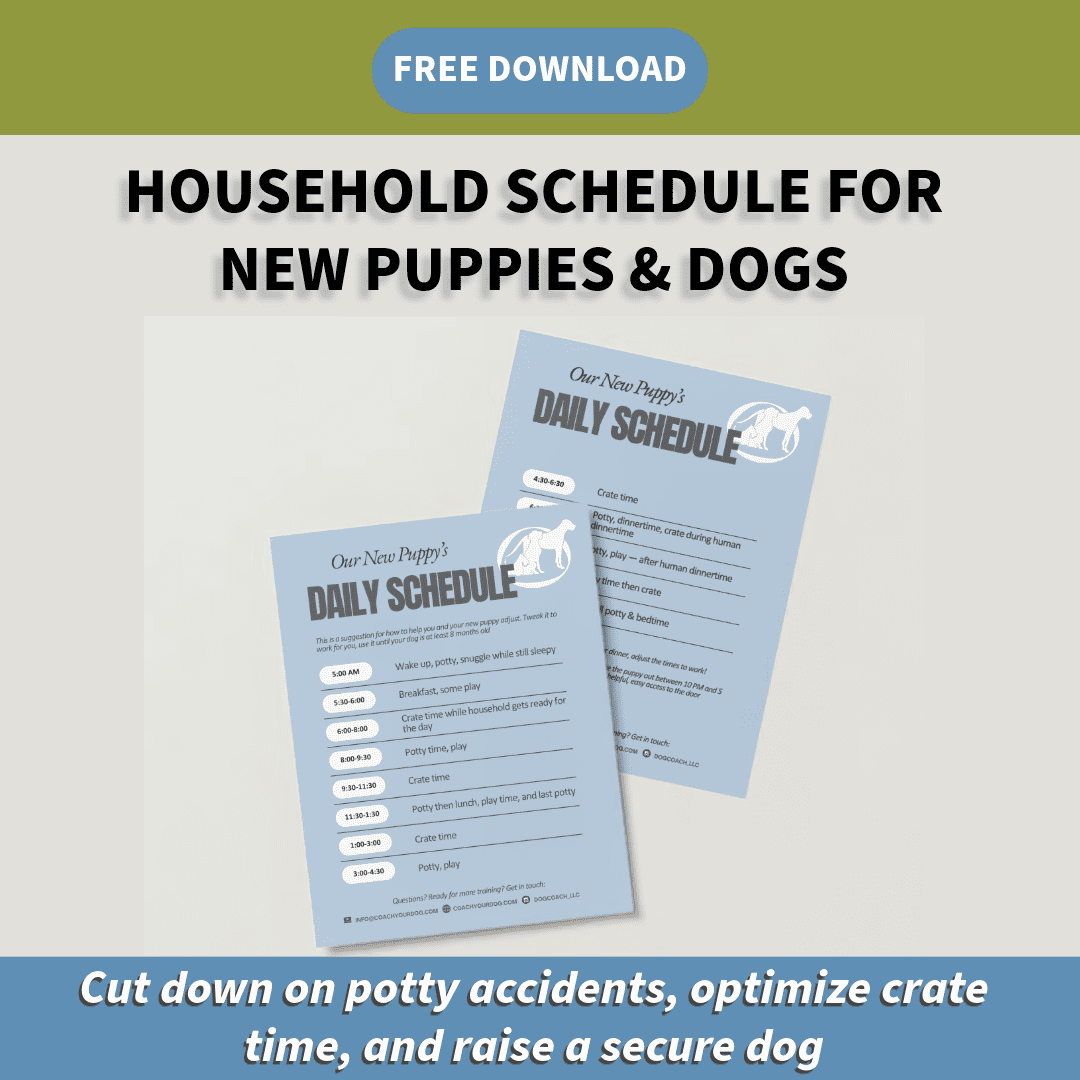Setting and maintaining a schedule can help take the guesswork out of resolving bad behavior. No matter your dog’s age, more daily management of your dog is generally required to get different results.
A Schedule for Calmness
Setting and maintaining a schedule is important even for dogs that are not having trouble with potty training. Regular naps in their crate, with the door closed, teaches your dog to have the stamina to relax. A two-hour crate nap in the morning and one in the afternoon is ideal. Think of it as you taking a break to unwind or to meditate. Meditation is great for humans [1] and teaches us to slow down and stop our busy minds. (If you do meditate you know it’s best to meditate on a scheduled basis.) A similar effect can be achieved for a dog by assigning a regularly scheduled crate nap. Instead of scanning the windows or reacting to every sound, your dog can chill and check out from all distractions. Practicing this daily in a dog crate teaches access to a deeper calm, which in turn helps them make better behavior choices out in a world full of distractions.
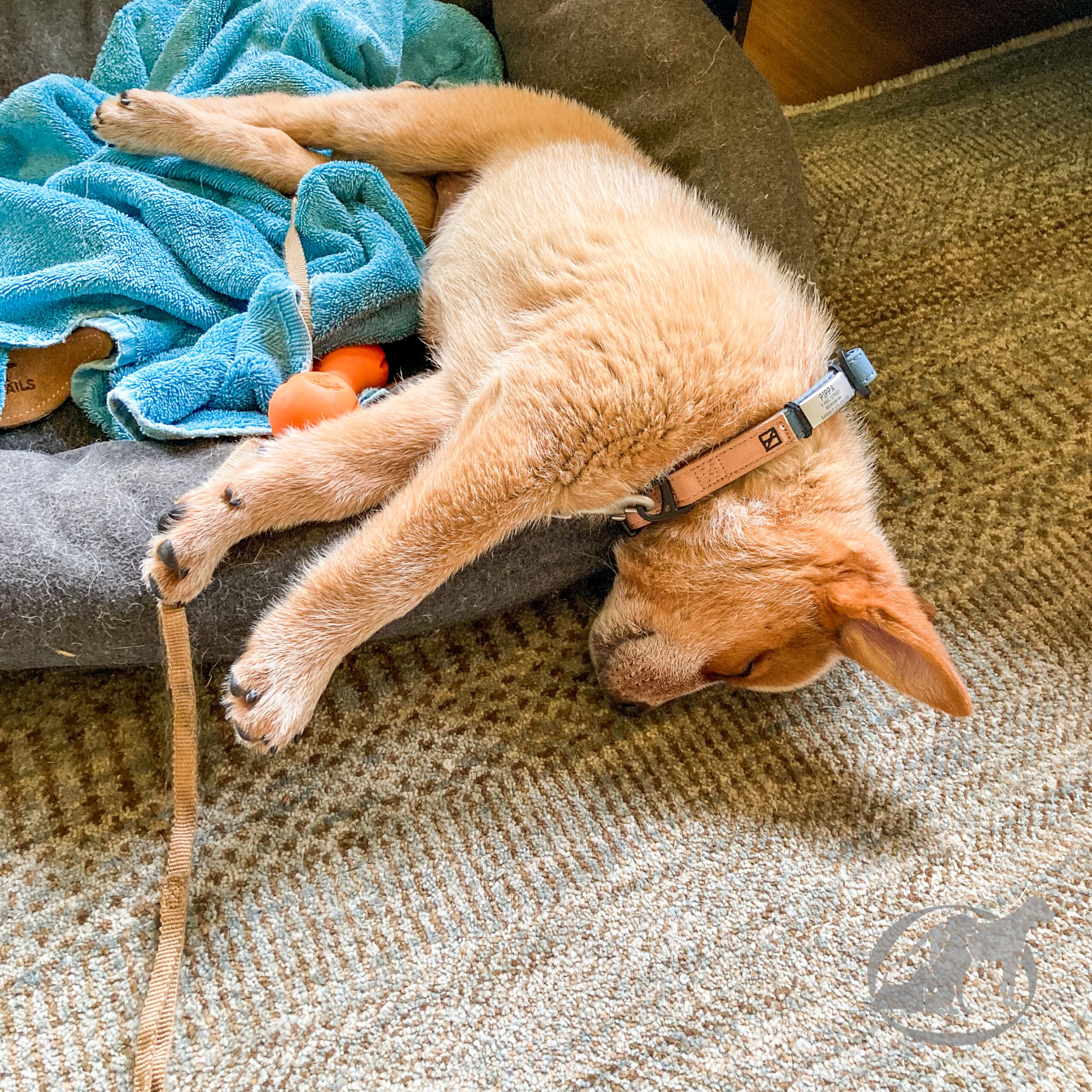
Crate Training + Schedule = Potty Training Success
Having trouble getting your dog to go to the bathroom outside? In addition to ramping up the schedule for taking your dog out to relieve themselves, full crate training is also a key remedy for this issue. You can resolve all potty issues by keeping a schedule that has a family member take your dog out for relief just before crate nap time and then immediately after the nap is over.
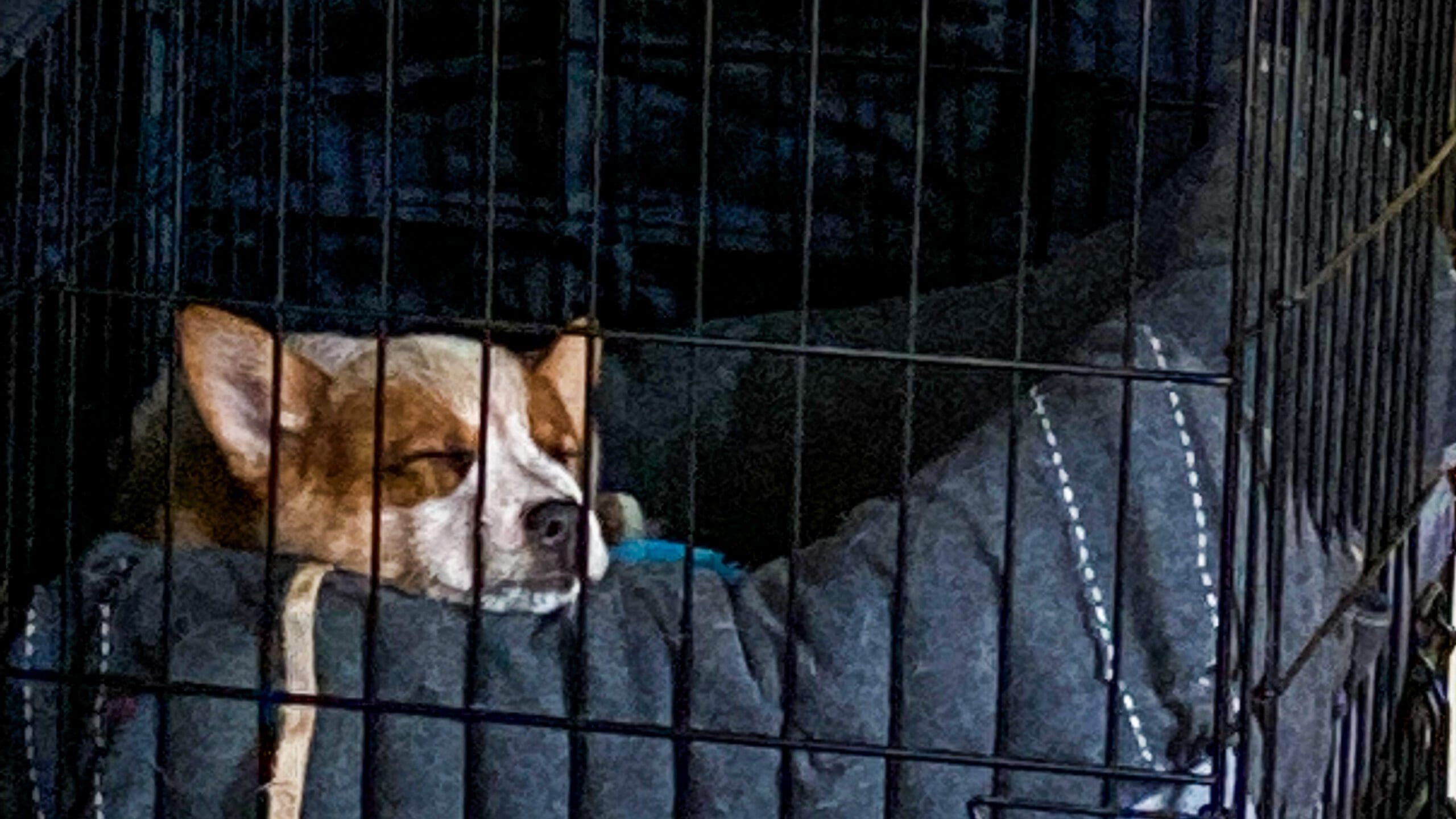
Crate Training is a Job for Your Dog
Dogs are den animals and the dog crate functions as their den. So crate time is never punishment and can be a huge sanity-saver for the family. By training your dog to settle in a dog crate you are:
Time and time again we see big results in giving dogs enough downtime. Downtime is assigning your dog the job of relaxing in the crate or even practicing Place duration work. If you’re trying to change any behavior issue, incorporating these practices can make a substantial difference for life with your dog.
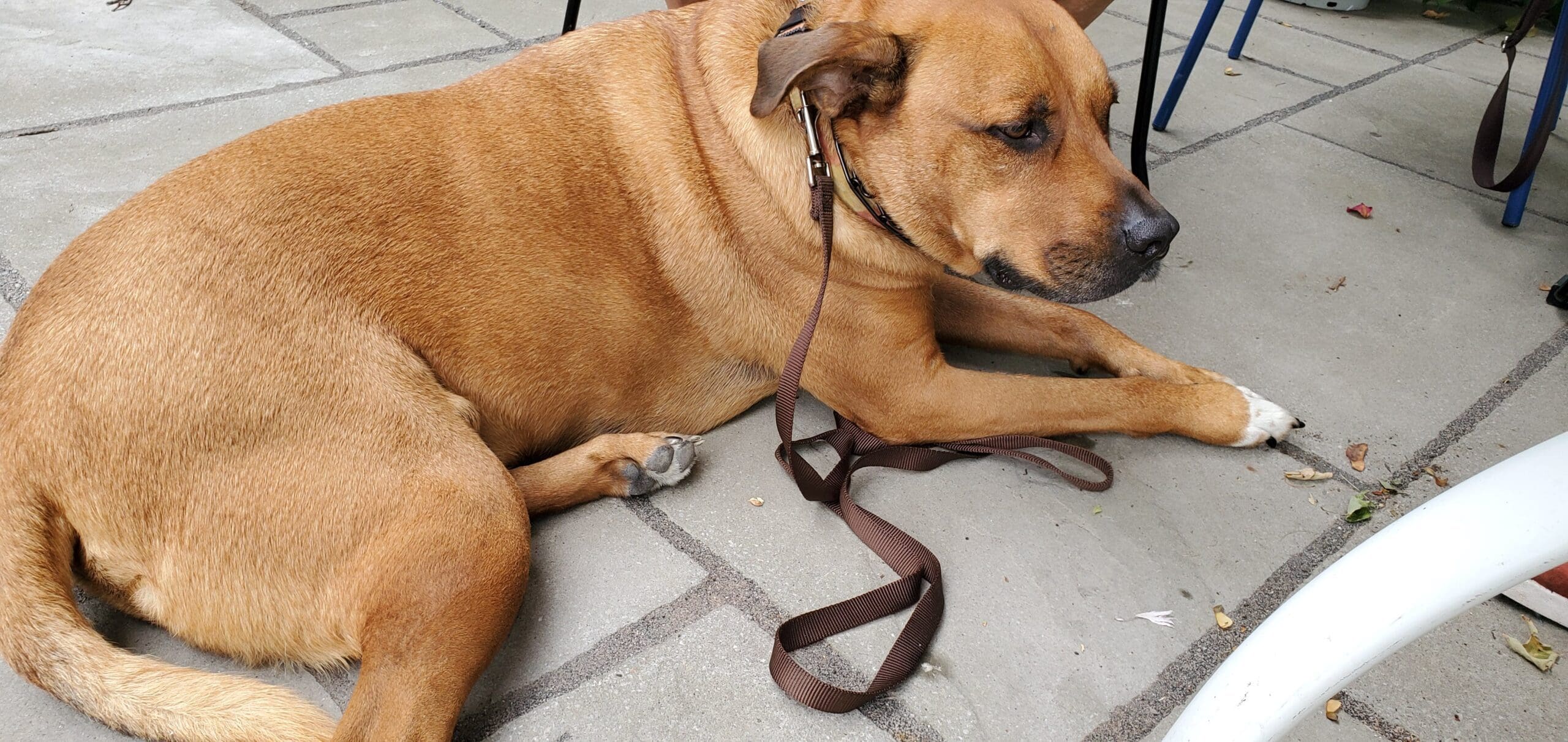
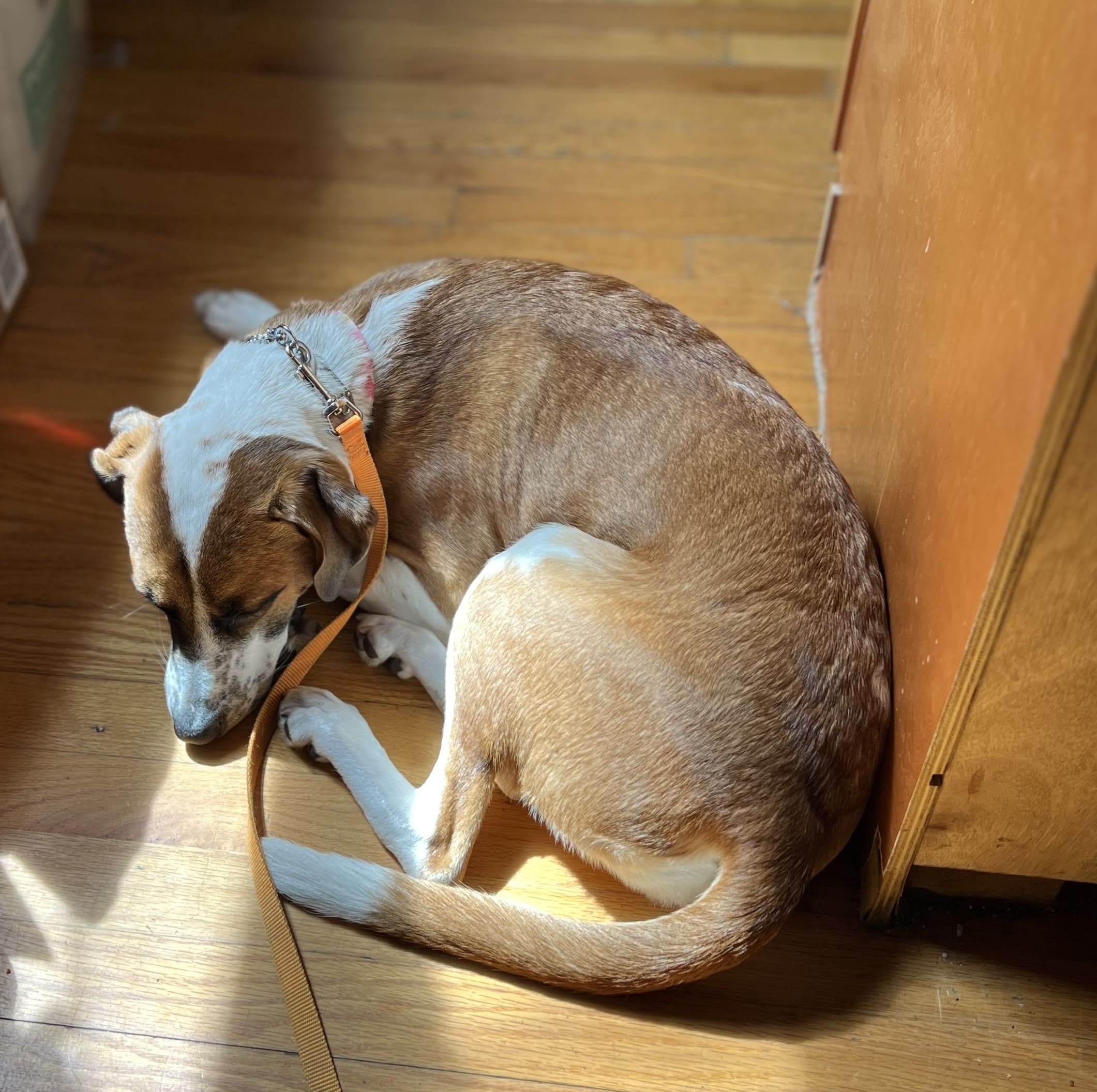
Directly from a Foundation Training client:
“I wanted to thank you all again with helping us develop a healthy, and manageable routine with Caroline. Her recall has become so good these days. She does well in her crate when she needs to be in it. And stays in her crate until she settles down to greet visitors. She comes when called, and most importantly she listens to each of us in however we need. She also will leave the kids’ lunches and snacks alone after being told to “leave it” once.
Thank you so much for helping us teach her to be such a well-rounded family dog. She is so gentle with the girls, and her doggie sister.”
Our In-Person Programs
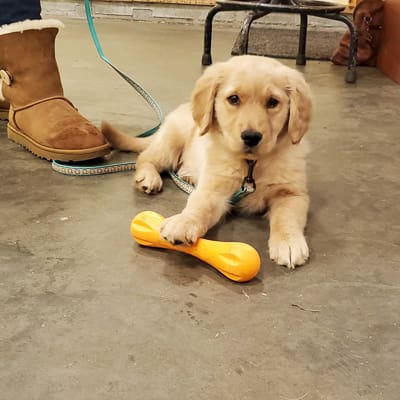
Team Puppy Training
Encourages your leadership and show how you to nurture good behavior.

Foundation Training
Covers the basics of good dog behavior as well as some behavior modification.
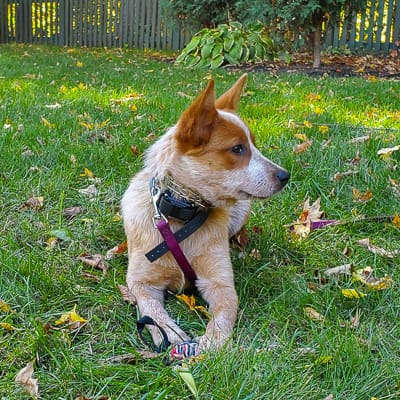
Remote Collar Training
Foundation Training with e-collar for total off-leash freedom and behavior modification.
What our clients have to say...
Dog Coach listened carefully and observed keenly my interaction and tone of voice with Bella. At nearly 6 months now, she is the best-trained dog I've had. It was a worthwhile experience!
We want to thank Dog Coach for your patience and encouragement! Our dogs are really coming into their own as the perfect family dogs we were looking for!
Such a great investment! We got a puppy and had a toddler... It was overwhelming at first. Working with Dog Coach has been the gift that keeps on giving.

